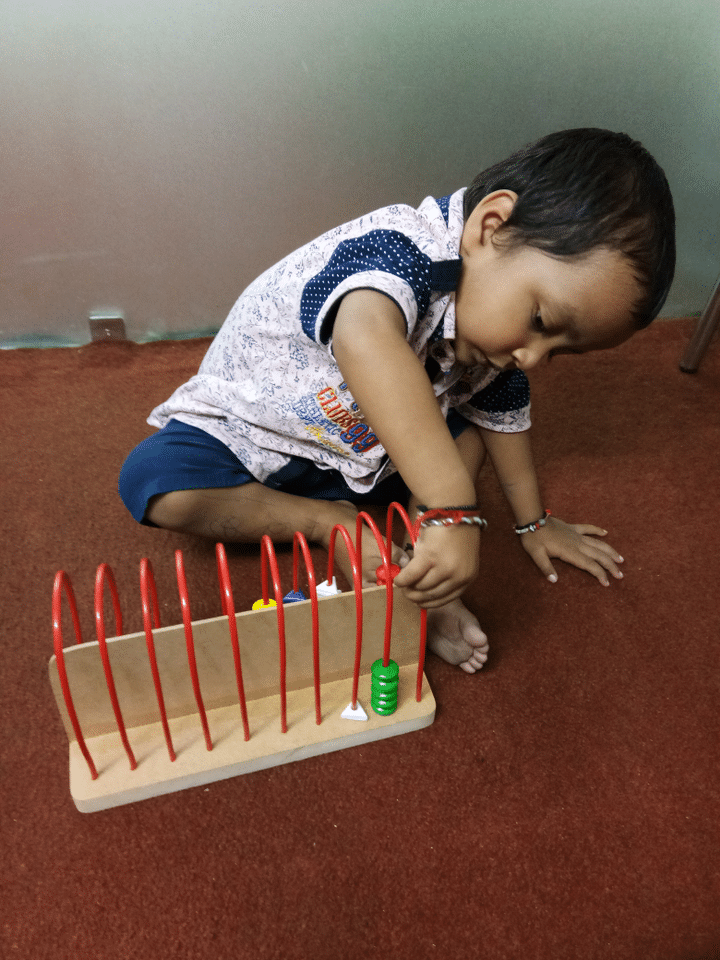Speech Sound Disorders in Children!
As young children learn language skills, it's normal for them to have some difficulty saying words correctly. That's part of the learning process. Their speech skills develop over time. They master certain sounds and words at each age. By age 8, most children have learned how to master all word sounds.
But some children have speech sound disorders. This means they have trouble saying certain sounds and words past the expected age. This can make it hard to understand what a child is trying to say. Speech sound disorders include articulation disorder and phonological process disorder. Articulation disorder is a problem with making certain sounds, such as" sh" phonological process disorder is a pattern of sound mistakes, such as not pronouncing certain letters.
About articulation disorder
- Articulation disorder is the inability to form the certain word sounds correctly past a certain age. Word sounds may be dropped, added, distorted, or swapped. Keep in mind that some sound changes may be part of an accent, and are not speech errors. Signs of an articulation disorder can include:
- Leaving off sounds from words (example: saying" coo" instead of" school")
- Adding sounds to words (example: saying" puhlay" instead of" play")
- Distorting sounds in words (example: saying" thith" instead of" this")
- Swapping sounds in words (example: saying" wadio" instead of" radio")
About phonological process disorder
- Phonological process disorder is a regular pattern of certain word speech mistakes. The mistakes may be common in young children learning speech skills, but when they persist past a certain age, it may be a disorder. Signs of a phonological process disorder can include:
- Saying only one syllable in a word (example" bay" instead of" baby")
- Simplifying a word by repeating two syllables (example" baba" instead of" bottle")
- Leaving out a consonant sound (example" at" or" ba" instead of" bat")
- Changing certain consonant sounds (example" tat" instead of" cat")
Causes of speech sound disorders
- Often, there is no known cause for a speech sound disorder. But some speech sound errors may be caused by:
- Injury to the brain
- Intellectual or developmental disability
- Problems with hearing or hearing loss, such as a history of ear infections
- Physical abnormalities that affect speech, including cleft palate or cleft lip
- Disorders affecting the nerves involved in speech
Diagnosing speech sound disorders
First, your child's hearing should be checked. This is to make sure that he or she isn't simply hearing words and sounds incorrectly.
If hearing loss is ruled out, you may want to contact a speech-language pathologist. This is a speech expert who evaluates and treats children who are having problems with speech-language and communication.
By watching and listening to a child speak, the speech-language pathologist can determine whether the issues are part of normal growth and development or are a speech sound disorder. The pathologist will evaluate your child's speech and language skills, keeping in mind accents and dialect. Speech-language pathologists can also assess if a physical problem in the mouth is affecting your child's ability to speak.
Treating speech sound disorder
- The pathologist can then recommend a therapy plan to help your child overcome his or her disorder. Speech-language pathologists work with children to help them:
- Recognize and correct sounds that they are making wrong
- Learn how to correctly form their problem sound
- Practice saying certain words and making certain sounds
- The pathologist can also give you activities and strategies to help your child practice at home.
- If your child has a physical defect in the mouth, the pathologist can also refer your child to an ear, nose, throat doctor or orthodontist if needed.
A positive outlook
Early recognition and diagnosis of speech sound disorders can help children overcome speech problems. They can learn how to communicate well and comfortably.



+1.svg)
